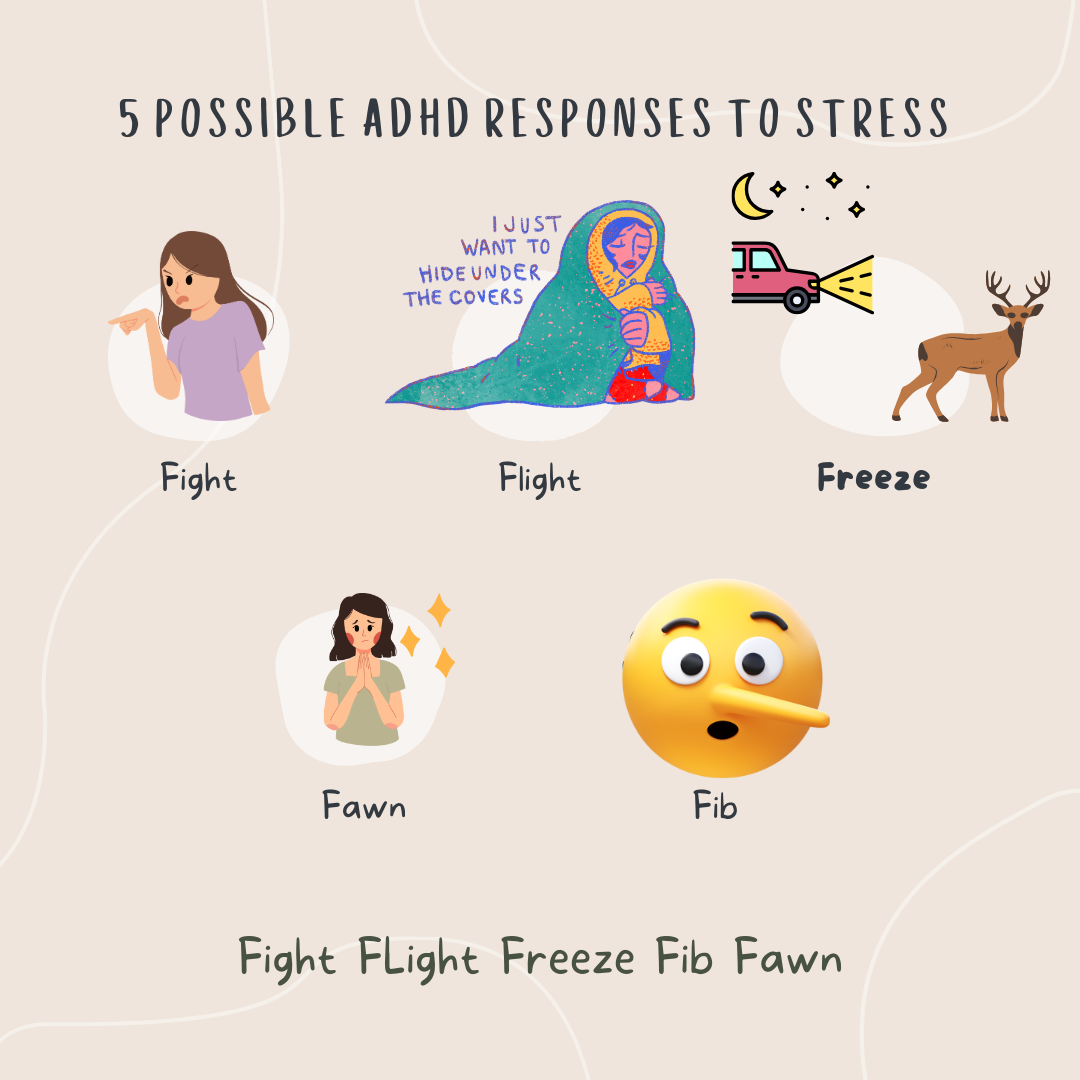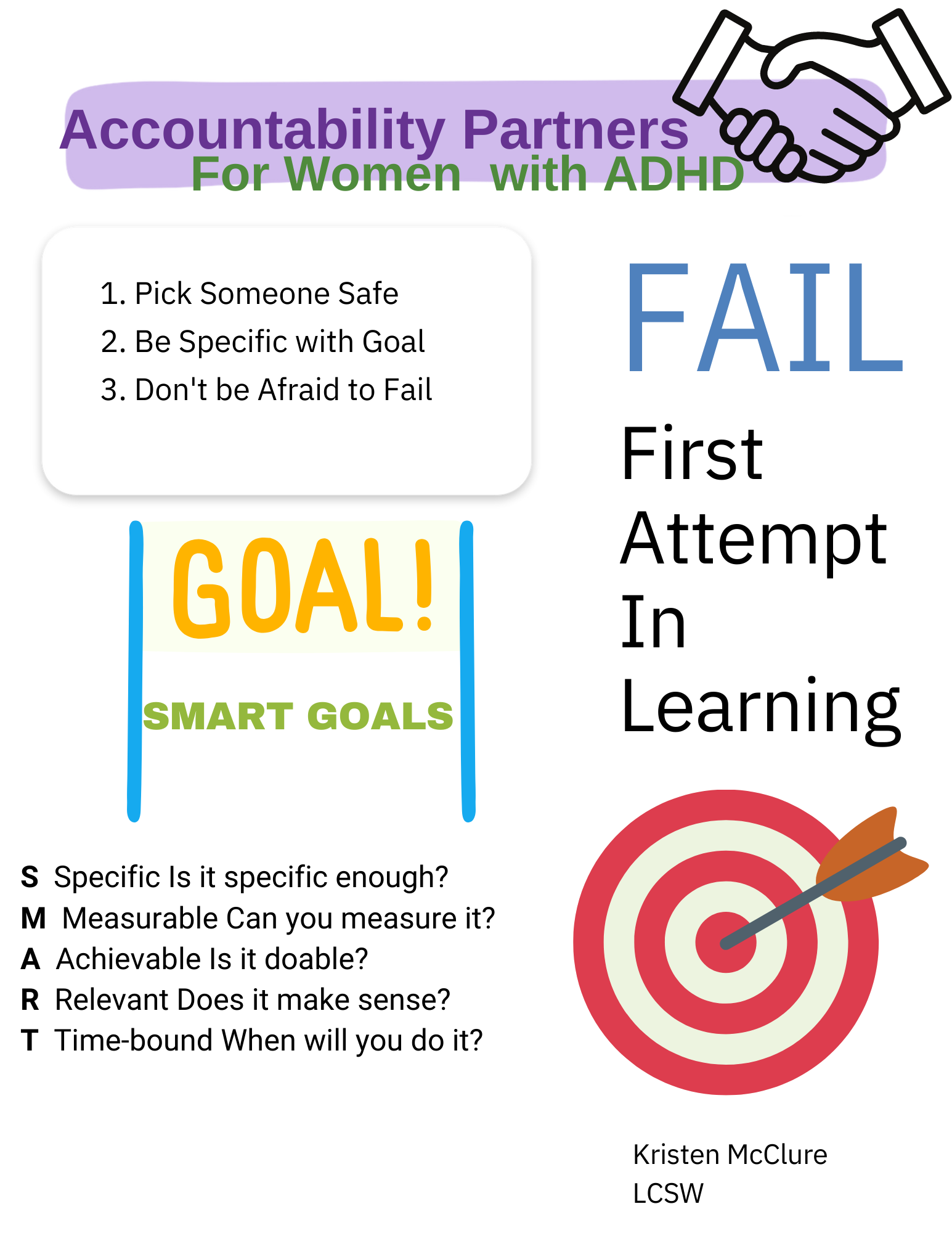A New Way of Understanding Neurodiversity: The Transdiagnostic Dimensional Framework Approach
A new study, Where Do Neurodevelopmental Conditions Fit in the Transdiagnostic Psychiatric Frameworks?, offers a fresh way of thinking about conditions like ADHD and autism. Instead of looking at these conditions as separate and rigid categories, the research suggests a more flexible and inclusive approach. Let’s break down what the study found and how it could change how we diagnose and support people with neurodevelopmental conditions.
Problems with the Current System
Right now, doctors use strict guidelines to diagnose conditions like ADHD and autism. Each has its own symptoms, and a person must check enough boxes to get a diagnosis. But this approach doesn’t always work well. Many people show traits of more than one condition, like having both ADHD and autism traits, or their symptoms don’t fit neatly into any one category.
This can lead to misdiagnosis or no diagnosis, which can stop people from getting the care they need. The problem is worse for certain groups, like women and children, because the current system is mostly based on how these conditions show up in men and boys.
What Is the Transdiagnostic Dimensional Framework?
The study suggests a better approach called the transdiagnostic dimensional framework. Instead of focusing on rigid categories, this approach views conditions like ADHD and autism on a spectrum. It recognizes that traits from different conditions can overlap and combine uniquely.
This means that instead of trying to fit someone into one category or another, doctors could look at all of a person's traits and understand how they interact. For example, a person who has traits of both ADHD and autism wouldn’t need separate diagnoses. Instead, they would be recognized for their unique combination of traits, making it easier to offer better support.
Benefits of This New Approach
- Recognizing Overlapping Traits: This new approach acknowledges that traits from ADHD, autism, and other conditions often overlap. It helps doctors see the whole picture instead of separating symptoms into neat boxes.
- Personalized Diagnoses: Doctors can give more personalized and accurate diagnoses by focusing on the spectrum of traits. This makes it less likely that people will be misdiagnosed or overlooked.
- Better Support for Underdiagnosed Groups: The transdiagnostic approach could help doctors diagnose women and children more accurately. These groups often show symptoms differently from boys and men, and the current system doesn't always catch that. This new model could make sure more people get the care they need.
What Could This Change?
This new framework could change both research and treatment for ADHD and autism. Researchers could study the full range of traits across ADHD, autism, and other conditions, learning more about how these traits interact. This could lead to better treatments and support.
For doctors, the new approach could help provide more accurate and complete diagnoses. Instead of splitting up a person’s symptoms into separate categories, doctors could look at the whole picture. This would allow them to give more holistic treatments and offer support that is tailored to each person’s unique needs.
Conclusion
The transdiagnostic dimensional framework offers a new and better understanding of neurodevelopmental conditions. By focusing on overlapping traits and the full spectrum of neurodivergence, this approach could lead to more accurate diagnoses and better support for people with ADHD, autism, and other conditions. If adopted widely, this framework could help more people get the care they need, leading to a more compassionate and effective system for supporting neurodivergent individuals.
Michelini, G., Carlisi, C. O., Eaton, N. R., Elison, J. T., Haltigan, J. D., Kotov, R., Krueger, R. F., Latzman, R. D., Li, J. J., Levin-Aspenson, H. F., Salum, G. A., South, S. C., Stanton, K., Waldman, I. D., & Wilson, S. (2024). Where do neurodevelopmental conditions fit in transdiagnostic psychiatric frameworks? Incorporating a new neurodevelopmental spectrum. World Psychiatry, 23(3), 333-357. https://doi.org/10.1002/wps.21225








